Domain Name Dispute Resolution
Introduction
With the global shift to online activities, domain names play a crucial role in identifying businesses. It is more common than ever for a domain name to be registered that is confusingly similar to a trademark or service mark.
Terminology
A domain name is an identification tool that represents an Internet Protocol (“IP”) address of a website. It is an easier way to identify a website than IP addresses, which are numbers. Domain names consist of three parts: top level domain, domain name and subdomain.
Top-level domains come in two different forms. One form is generic top-level domains (“gTLDs”) which are .com, .org, .net, .info etc. The second form is country code top-level domains (“ccTLDs”) such as .tr for Turkey, .nl for the Netherlands, .de for Germany, .my for Malaysia, etc. These are administered by the respective national registration authorities.
Regulatory Framework of Domain Name Disputes
A person wishing to register a gTLD (“Registrant”) applies to registrars accredited by the Internet Corporation for Assigned Names and Numbers (“ICANN”). The registration agreement offered by these registrars includes the Uniform Dispute Resolution Policy[1] (“UDRP”), Rules for Uniform Domain Name Dispute Resolution Policy[2] (“UDRP Rules”), and supplemental rules of the chosen dispute resolution service provider.
From the moment a Registrant registers a domain name, the Registrant is bound by the legal framework and special dispute resolution feature that applies to all gTLDs and certain ccTLDs.
Arise of a Domain Name Dispute
Various methods (such as cybersquatting, typosquatting, and phishing) are used to register domain names in bad faith. These registrations have a common feature: the creation of confusing similarities with an existing trademark or service mark in bad faith, without legitimate interest.
When a trademark or service mark holder becomes aware that a domain name has been registered to take advantage of a confusing similarity, it submits a standard complaint form to an ICANN-approved dispute resolution service provider.[3]
The complaint must meet the following criteria:
- the domain name registered by the Registrant is identical or confusingly similar to a trademark or service mark in which the Complainant has rights; and
- the domain name Registrant has no rights or legitimate interests in respect of the domain name in question; and
- the registered domain name is being used in bad faith.
The trademark or service mark holder requests the dispute resolution service provider to cancel, transfer or change the confusingly similar domain. This procedure is called a mandatory administrative proceeding.
Once the complaint is filed, the dispute resolution service provider brings it before a single- or three-member panel for dispute resolution.
The Registrant may file a standard response to the complaint. One of the following proves the right or legitimate interest of the Registrant to register the domain name:
- Prior any notice of the dispute, the Registrant was using, or demonstrably preparing to use, the domain name or a name corresponding to the domain name in connection with a bona fide offering of goods or services; or
- the Registrant has become commonly known by the domain name, even if the Registrant has not acquired trademark or service mark rights; or
- the Registrant is making a legitimate non-commercial or fair use of the domain name, without intent to mislead consumers for commercial gain or to tarnish the trademark or service mark at issue.
Dispute Resolution by the Panel
Shortly after the response is filed, panelists with expertise in trademarks, domain names, and e-commerce are appointed to the panel.
The panel may only order one of the following: transfer of the disputed domain name to the complainant; cancellation of the domain name, change of the domain name, or denial of the complaint. The panel is not authorized to make a monetary award.
This decision-making procedure takes a maximum of 45 days[4], and the panel’s decision must be implemented within 10 business days by the Registrar that previously registered the disputed domain name.
One feature of this dispute resolution method raises concerns beyond its efficiency and professionalism. The UDRP recognizes a “mutual jurisdiction”, which allows the dispute to be litigated in some state courts.[5] In addition, it is possible to challenge the panel’s decision in the state courts. This could lead to parallel proceedings and undue delays in reaching a final decision.
Conclusion
The ever-growing e-commerce sector brings with it domain name disputes, which arise when a domain name is registered in bad faith to benefit from confusing similarity to an existing trademark or service mark.
UDRP and its supplementary rules are the prominent method for resolving domain name disputes. The speed of the procedure, which ends within 45 days, meets the needs of the parties and the use of standard complaint and reply forms makes it practical. As the dispute is resolved by a panel of experts in technology, trademarks and domain names, the results are satisfactory. The mutual jurisdiction aspect raises some concerns, but it is understandable given the special features of the method.
- Internet Corporation for Assigned Names and Numbers, Uniform Domain Name Dispute Resolution Policy, https://www.icann.org/resources/pages/policy-2012-02-25-en, (Date of Access: 20.10.2023)
- Internet Corporation for Assigned Names and Numbers, Rules for Uniform Domain Name Dispute Resolution Policy, https://www.icann.org/resources/pages/udrp-rules-2015-03-11-en, (Date of Access: 20.10.2023)
- At the time of this article, there are six approved dispute resolution service providers dealing with administration of these disputes; World Intellectual Property Organization, Asian Domain Name Dispute Resolution Centre, the Czech Arbitration Center for Internet Disputes, Arab Center for Domain Name Dispute Resolution, Canadian International Internet Dispute Resolution Centre, and National Forum.
- Asian International Arbitration Centre, Guide to Domain Name Dispute Resolution, 2018, p.12, Domain-Name-Book_2018.pdf (aiac.world), (Date of Access: 20.10.2023)
- State court at the location of Registrar’s principal office or Registrant’s address.
All rights of this article are reserved. This article may not be used, reproduced, copied, published, distributed, or otherwise disseminated without quotation or Erdem & Erdem Law Firm's written consent. Any content created without citing the resource or Erdem & Erdem Law Firm’s written consent is regularly tracked, and legal action will be taken in case of violation.
Other Contents

Emergency arbitration addresses the need for interim protection before the arbitral tribunal is constituted in institutional arbitrations. Arbitral institutions establish short timeframes to ensure parties can obtain interim relief quickly. For example, the International Chamber of Commerce (“ICC”) requires that the emergency...

International arbitration remains the preferred mechanism for resolving complex cross-border disputes. Yet despite its advantages—neutrality, enforceability, flexibility—arbitration is frequently criticized for being too slow, too expensive, and too procedurally heavy. Often, parties proceed through hearings and...

For arbitral awards rendered in international commercial arbitration to produce legal effects in foreign jurisdictions, they must be subjected to proceedings for “recognition” and “enforcement.” This process is governed by the New York Convention as well as by the provisions of the Law on Private International Law...

Arbitrability, the determination of whether a specific subject matter can be resolved through arbitration, constitutes a fundamental aspect of arbitration within the scope of international commercial dispute resolution. This concept draws a delicate balance between party autonomy—a fundamental principle of arbitration...

The recognition, enforcement, and annulment of foreign court and arbitral awards in Türkiye are processes in which public policy emerges as one of the most critical criteria for review, both in theory and in practice. The Court of Cassation decisions determine the direction of case law regarding the scope and...

As is well known, the action for annulment of objection is a special type of lawsuit regulated under Article 67 of the Turkish Execution and Bankruptcy Law No. 2004 (“EBL”). The primary objective of this action is to nullify a debtor’s objection to execution proceedings. Despite its procedural function of facilitating...
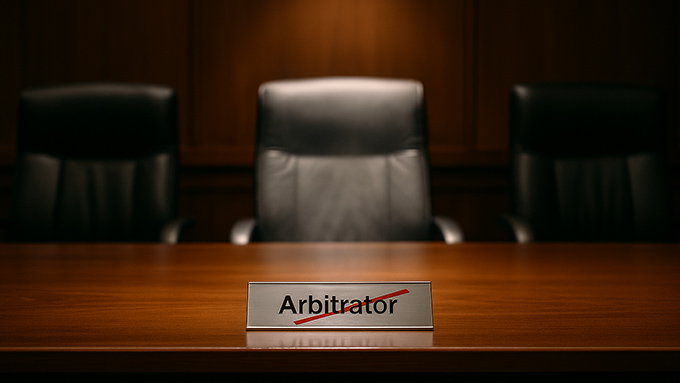
On 16 December 2024, the London Court of International Arbitration (“LCIA”) released its third batch of challenge decisions covering the period from 22 July 2017 to 31 December 2022. The LCIA has also issued a detailed commentary that identifies key legal themes and analytical trends, offering practitioners...

The International Chamber of Commerce (“ICC”) has published its report on the dispute resolution statistics for 2023 (“Report”) , shedding light on the evolving landscape of international arbitration...

Syndicated loans undoubtedly hold a significant position among global financing models. In 2023 alone, 3,655 syndicated loans were provided to companies in the US, with their total value reaching USD 2.4 trillion...

Preliminary attachment refers to the temporary seizure of a debtor's assets to secure a creditor's claim. While it serves as a vital instrument for safeguarding the rights of creditors, it is subject to specific and stringent conditions under Turkish law to prevent any potential misuse...

One of the most important reasons for parties to choose arbitration is the opportunity to freely choose their arbitrators. This freedom granted to the parties also distinguishes arbitration from proceedings before state courts, where the parties are deprived of the power to determine the judges who will conduct the...

The 6th Civil Chamber of the Court of Cassation ruled on October 12, 2022, that national courts have jurisdiction over objections to provisional measures in international arbitration disputes...

The declaration of intent to resolve disputes through arbitration is the fundamental constituent element of an arbitration agreement. To speak of a valid arbitration agreement, the parties' intention to arbitrate must emerge in a way that leaves no room for dispute...

In the wake of the evolving dynamics of commercial transactions, the Netherlands Arbitration Institute Foundation (NAI) announced new arbitration rules . 2024 NAI Arbitration Rules are in force as of 1 March 2024 and will be applicable on proceedings filed on or after this date...
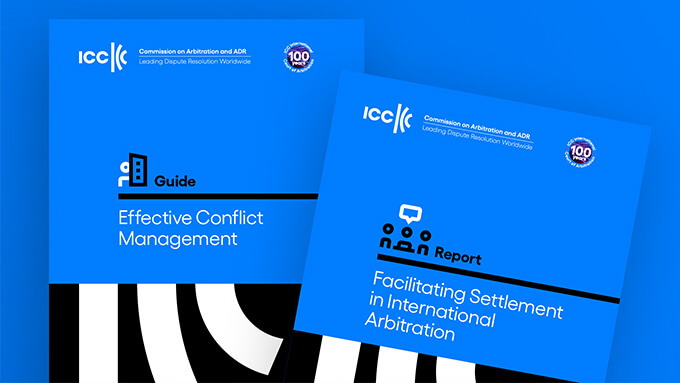
The ICC Commission on Arbitration and ADR (“Commission”) published a new guide and report with the aim to increase awareness on alternative dispute resolution (“ADR”) mechanisms to prevent disputes and strengthen the relationship between all stakeholders.The Guide on Effective Conflict Management...

Mergers and Acquisitions (“M&A”) are restructuring of companies or assets through various types of financial transactions, such as mergers, acquisitions, purchase of assets, or management acquisitions. This Newsletter article covers M&A disputes being solved before arbitral tribunals.

In the context of arbitration practice, the principle of revision au fond means that the courts can not examine the merits of a dispute when reviewing an arbitral award. This principle is most commonly encountered in set aside and enforcement proceedings. An arbitral award is evidence of the parties’ willingness...

Under Turkish law, parties may agree on the settlement of disputes that have arisen or may arise, regarding the rights that they can freely dispose of, by arbitration. However, disputes which are not subject to the will of parties, such as the disputes relating to in rem rights of immovables, bankruptcy law...
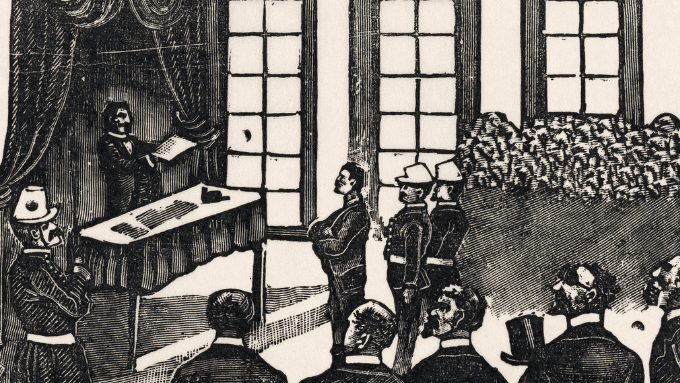
On 4 September 2020, a research project “Does a Right to a Physical Hearing Exist in International Arbitration?” was launched by an International Council for Commercial Arbitration (“ICCA”) taskforce. Due to the Covid-19 pandemic, many arbitration hearings were held online. Many institutional rules...

Dubai International Arbitration Center amended its Arbitration Rules on 25 February 2022. The 2022 Arbitration Rules were published on 2 March 2022 and came into effect on 21 March 2022. The Rules will be applied to arbitrations that are filed after 21 March 2022; unless parties agree otherwise...
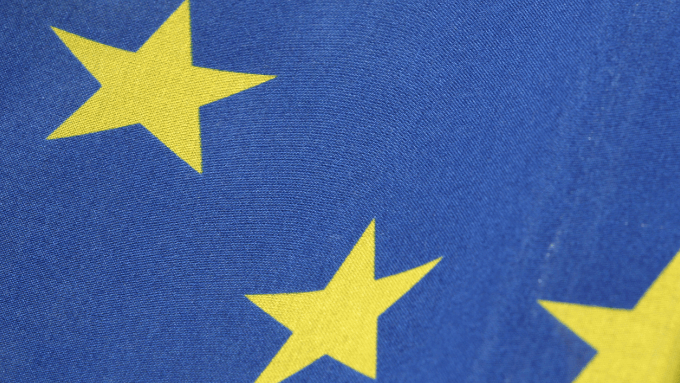
In the aftermath of the Achmea decision, controversies on intra-EU arbitrations continue. Most recently, the Paris Court of Appeal has annulled two arbitral awards rendered against Poland. Meanwhile, the Higher Regional Court of Berlin has refused to declare that an Irish investor’s ICSID claim...


Under Turkish law, the legal remedy that can be applied against arbitral awards is an annulment action. Law on International Arbitration No. 4686 (“IAL”) finds its application area in arbitration proceedings where Turkey is the place of arbitration...
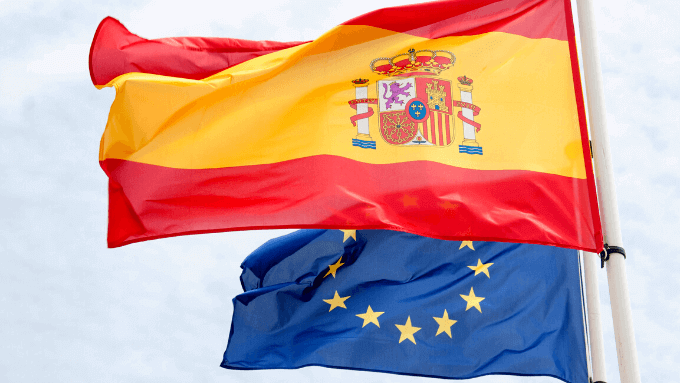
It is well known that following a decision of the Court of Justice of the European Union, problems arose related to arbitration of intra-EU disputes, and particularly arbitration under the Energy Charter Treaty...
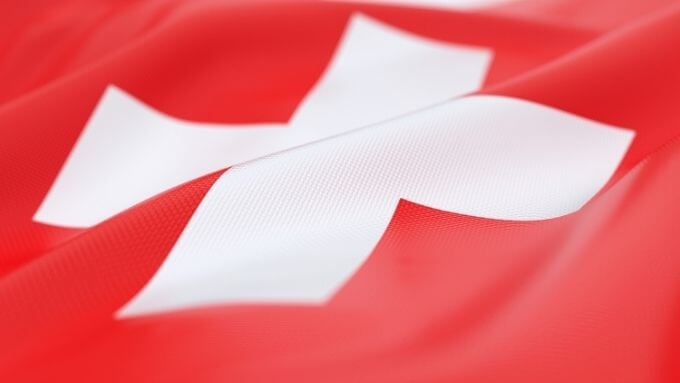
Arbitration in corporate law contains controversial elements in many respects, especially the issue of arbitrability. Even in legal systems where these disputes are considered to be arbitrable, uncertainties remain on whether an arbitration clause can be included in the articles of...





Arbitration has benifited from a great increase in the use of technology which has directly effected the conduct of proceedings. More particularly, with digitalization, the way that we conduct arbitration proceedings has been changed to reflect the current needs of parties, with an aim of increasing time...

































































